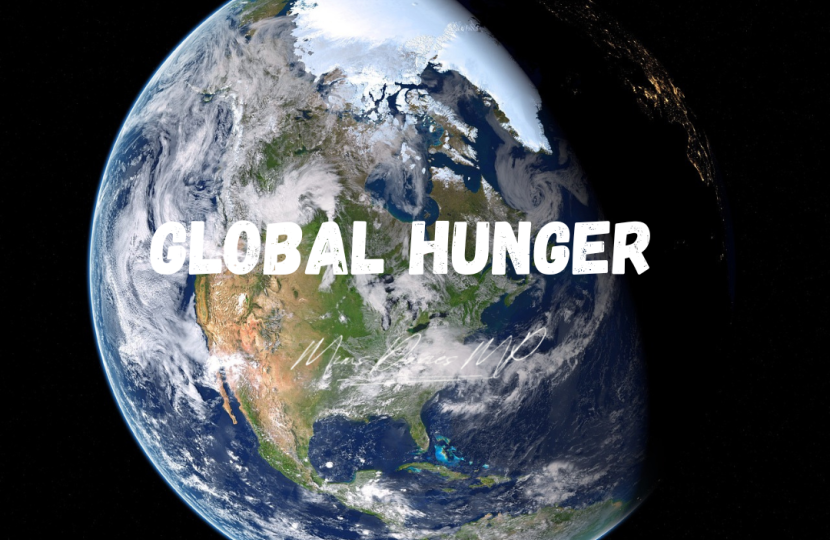
There is increasing concern about the levels of hunger around the world caused by poverty, changing demographics, climate change and conflict. I believe that it is essential the UK builds on the last Government’s work and continues to put global climate action and food security at the top of its foreign policy agenda.
The previous Conservative Government’s 2023 Development White Paper set out thoughtful plans to support conflict prevention and recovery and to transform global food systems by using cutting edge technology, including AI and data management to support international efforts to predict conflict and find inclusive, sustainable solutions. I do hope that the new Government takes these innovative ideas forward.
Global conflict is exacerbating the existing global food crisis. However, even before this, millions around the world were suffering from food insecurity and malnutrition. Preventing conflict-induced hunger and famine is therefore a priority for the UK, and I would like to take this opportunity to highlight some of the crucial work being done in this area.
The UK uses its influence within multilateral organisations to help prevent conflict-induced hunger. For instance, under the previous Government, the UK used its seat at the UN Security Council to implement resolution 2417, which enables reporting and early warnings to the UNSC when parties to conflict are blocking access to humanitarian support and destroying assets. The UK also works with other UN Security Council members to increase accountability for the use of starvation as a weapon of war.
It may also interest you to know that the Famine Prevention and Humanitarian Crises Compact was agreed during the UK’s G7 Presidency. Under this compact, the UK provided its share of the $7 billion in humanitarian assistance to the countries one step from famine. Moreover, the UK and other G7 states made commitments to address critical funding gaps; promote humanitarian access; respect for International Humanitarian Law and protection of civilians; scale-up anticipatory action; partner with the World Bank Group to enhance crisis preparedness and response; and strengthen our data and analysis to facilitate early action. In my view, it is vital that the new Government builds on the work of the previous and continues to deliver on these commitments.
I also believe that it is important this Government continues to work with multilateral organisations to ensure food security. The UK has a world leading reputation in this respect: UNICEF has described the UK as “a champion and one of the largest funders of tackling the most severe form of malnutrition in children [and] wasting.” I was delighted that the previous Government extended its partnership to deliver nutrition and prevent child wastage with UNICEF. The current partnership runs until 2030, supported by a total of £61 million. I understand the partnership is on track to deliver essential nutrition actions for at least six million children in nine countries. I hope the current Government recognises the important work that the UK and UNICEF are delivering in this area. I also welcomed the previous Government’s 2021 Nutrition for Growth commitment, which allocated at least £1.5 billion between 2022 and 2030 to address the nutrition needs of mothers, babies and children.
I recognise that climate change is having a significant effect on food security, especially in developing nations. I believe that the UK Government should continue to play its part slowing the rate of climate change by continuing to pragmatically reduce emissions. Indeed, under the last Government, the UK became the first G7 country to legislate to achieve net zero by 2050 and the fastest decarbonising G20 country. However, UK action alone is not enough to protect food chains around the world from the effects of climate change. This is why the previous Government also called for global ambition and action to reduce emissions across all sectors, including in agriculture, forestry and other land use, which is collectively responsible for roughly 23 per cent of global emissions. At COP28, the UK Government, building on its agreement to provide a specific fund for loss and damage at COP27, announced a fund worth £1.6 billion for climate projects, including those aiming to stop and reverse deforestation, protect the natural environment and accelerate the global transition to clean and renewable energy.
The UK Government also agreed to scale up its partnership with the World Bank in order to boost global climate-resilient farming practices and committed £10 million worth of funding to the UN’s Food and Agriculture Organisation (FAO) to help smallholder farmers to improve their incomes in ways that reduce their impact on the natural world, particularly with regard to forestry.




